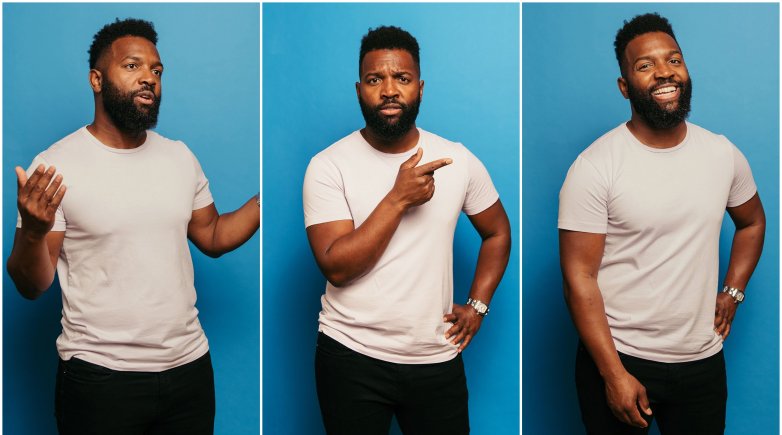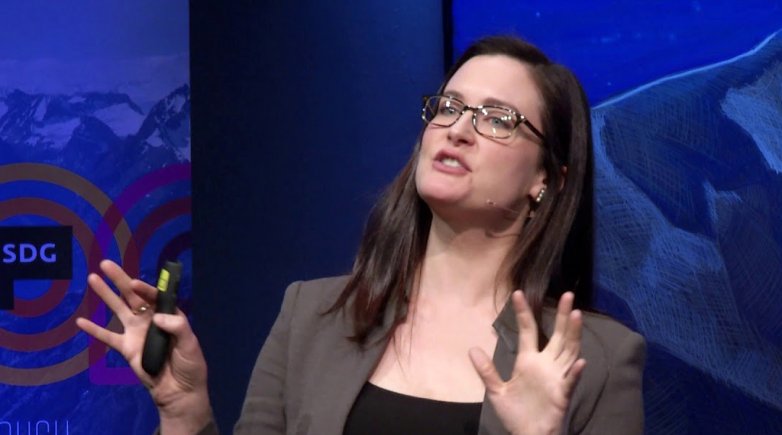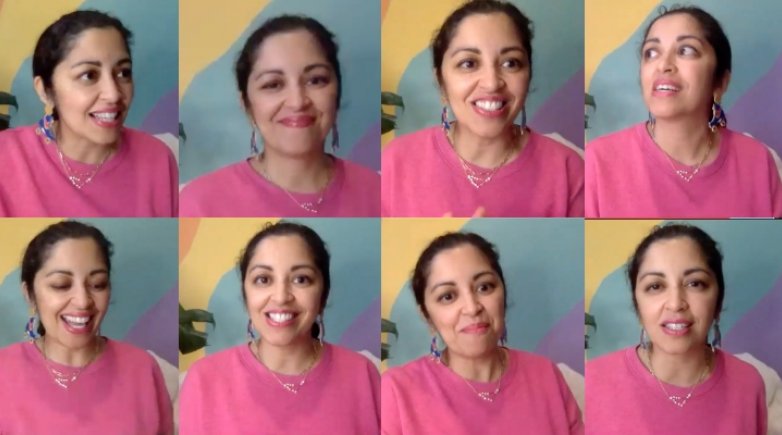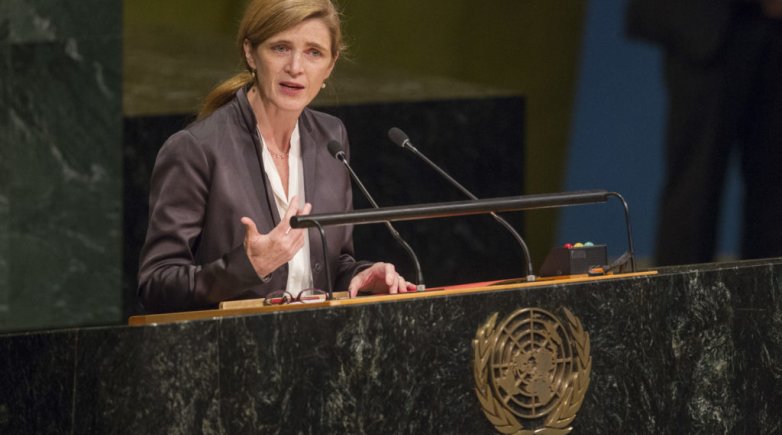Baratunde Thurston has the answers
Author, activist confronts tough topics with eloquence and insight at Exeter assembly.
Courtesy of Baratunde Thurston
Baratunde Thurston has asked and answered countless tough questions throughout his career. The bio on the website of the author, activist and commentator says “he holds space for hard and complex conversations,” and he has been in many. So, when the first question posed to him in his appearance at Exeter’s assembly Wednesday tackled gentrification, cultural appropriation and cultural insensitivity, he knew he was in another.
“That’s it?!” he said, laughing. “Super simple issues.”
Thurston didn’t earn an Emmy nomination, write a New York Times best-seller, advise the Obama White House or launch a podcast that landed on Apple’s favorites for 2020 by addressing simple issues. He is a regular guest on Brian Williams’ MSNBC show, and he arrived at Wednesday’s webinar just weeks after PBS announced a new TV series, “America Outdoors with Baratunde Thurston.” The man has game.
His response to the first question, posed by moderator Toyin Augustus, instructor in physical education — and to others about police violence, the “whiteness” of the American economy and wealth inequality — were measured and profound, even as he flashed the wit that has earned him writing and producing gigs with The Onion and The Daily Show.
“I come at the idea of cultural appropriation with caution,” he said. “I don’t think it’s as simple as person from group B can never engage in activity heavily identified with person from group A, unless person from group B is also a member of group A. I don’t subscribe to that reduced, simplified view.” There are things to be learned from walking in another’s shoes and understanding other perspectives, he said.
“The other end of that spectrum is abuse, exploitation and extraction. There is a history in this country of stripping people’s identity away from them, non-white people in particular.” Thurston, whose TedX talk on deconstructing racism has been viewed more than 5 million times, said that Black Americans “have reforged an identity in this forced, adopted land through culture.” To see that appropriated can be perceived as “a further theft.”
“We can’t even make up a dance now? We’ve got to see somebody doing it on Jimmy Fallon without attributing it? It’s exhausting.”
Thurston has been a frequent commentator on police brutality and the Derek Chauvin murder trial and said on MSNBC in the aftermath of that guilty verdict, “I don’t want to see more convictions of bad cops. What I want to see is less encounters that result in cops being able to abuse that power in the first place.”
He said America needs to reimagine how police and policing can be effective and not destructive in communities of color and beyond. He offered to his Exeter audience one example: A victim of a sex crime. “Having a man show up with a gun to take your statement and talk to you about this incident is retraumatizing. The threat is gone. We’re talking the next day, the days after. So, the car showing up, the lights, the badges, the gun, the muscle, the domineering male muscle of it all, doesn’t help this person feel safe.”
Thurston shares his views and discusses social and political topics like these on his podcast “How to Citizen.” He was asked Wednesday about a recent episode discussing wealth inequality in America with author Heather McGhee, who posits that our society holds a “zero-sum worldview” where progress for some must come at the expense of others. As with most topics, Thurston sees nuance in the issue, but summarized for his PEA audience his perspective on American prosperity and advances:
“We have done some really cool stuff, to be understated about it," he said. "We could’ve done a lot cooler stuff if we had let everyone in on the opportunities.”



